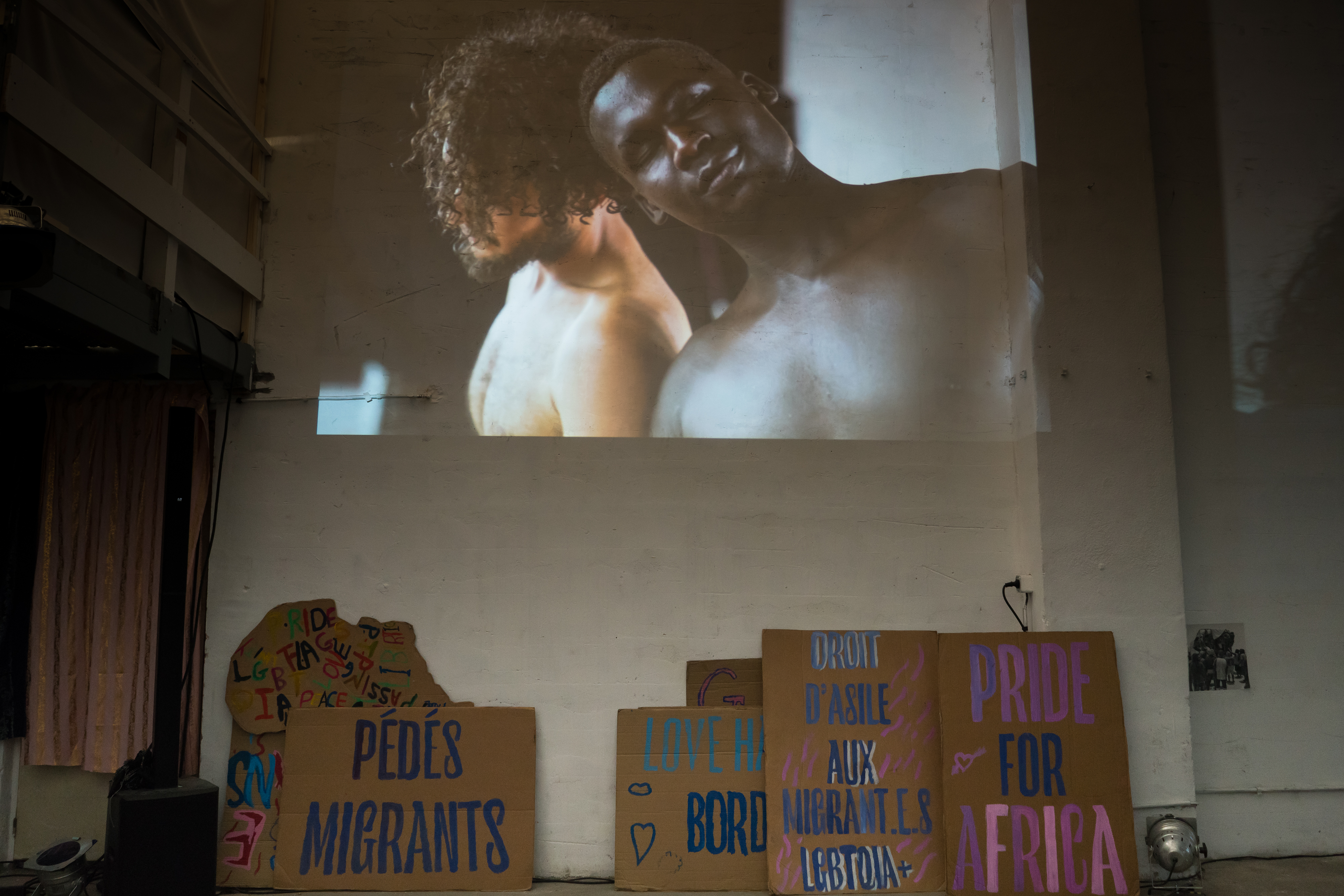COLLABORATIVE PROJECT
LE CHEMIN DES FOUS





A collaboration between Moussa Fofana, co-founder of The LGBTQI+ Migrants Refuge, Arthur Eskenazi, and Liam Warren, LE CHEMIN DES FOUS is a reconstitution of encounters, alterity, and emancipation incarnated in a series of performances to be held on June 25th. Performance artists Liam Warren and Arthur Eskenazi have been hosted by the LGBTQI+ Migrants Refuge since 2020, in the interest of of participating in the collective elaboration of a space dedicated to research, creation, learning, and sharing, based upon subjectively experienced histories — in all of their aspiration, rage, strength, and vulnerability. This space, conjured weekly at Coco Velten, has allowed for the sustained contact of a group constantly in movement, along with the organization of arts workshops run by the invitees, resident artists, and group members, all based within questions of identity, self-representation, and intersectionality.
The exhibition, whose title references the errance inherent to the migrant or refugee’s journey, is composed of collective creations, photographs, posters, archival research, and a video installation. Occupying a central position in the exhibition space, the installation is diffused across six dispersed screens and depicts documentations of the life of the association in the form of an active archive. This in situ piece is intended to serve as an immersion in the daily lives of the members of the LGBTQI+ Migrants Refuge. Here, we discover their workshops, their dance compositions, drag performances, urban interludes, discussions, and personal testimony. Echoing practices of disidentification 1 that concern certain members of the association, extracts of TikTok clips have also been included, unveiling marginalized forms of expression offered by individuals living in precarity, who have chosen to share their narratives in ways that go above and beyond the stigmatization of our era’s dominant discourses.
The multiplicity of points of view reunited in the installation, operating as a diffraction in the exhibition space, refuses linear narratives and instead weaves a constellation of subjectivities, testimonials, gazes, and gestures, exposing something of the lives of those doubly-exposed — asylum-seekers and sexual minorities — to diverse forms of discrimination.
This co-creation, spanning from choreography to performance to mobile images, functions as a hybridization of acts creative and social, founded upon reciprocal hospitality and conscious of the interaction of various levels of privilege and lived oppression, notably in Warren and Eskenazi’s European citizenship in contrast to the refugees and asylum seekers of the group. By working together, the creation of community becomes a political statement that transcends the signifiers of social inequality, thereby attempting to construct a veritably safe space. The group’s strength resides in the refusal of the performers and artists of the LGBTQI+ Migrants Refuge to accept the easy assignation of labels, like that of the “precarious migrant,” identifying instead with fugitive practices, hybridity, and fluidity.
Such a process necessitates a continued evaluation of the ethical framework within which Eskenazi and Warren collaborate and demonstrate their allyship, pushing them to work alongside the organization and strive for wider recognition of the LGBTQI+ Migrants Refuge. The work implies a collective quest for solutions that would make it possible to marry artistic expression and material utility: by creating works that can be sold, for example, and whose proceeds serve to support the association and the administrative processes in which its members are engaged. Here we are hard-pressed to find any form of tokenism, superficial inclusivity, or white saviorism, which have ceded to a wider interrogation of the conditions of existence of such a co-creation, positioned and situated as an artist invitation offered by Moussa Fofana. The exhibition testifies to a process of reflection that remains underway, dedicated to deconstructing internalized forms of subordination introduced by the conditions of exile in France and the dehumanization of bureaucratic systems that adds to the violence experienced prior to and since the departure from the country of origin.
Text by Anysia Troin-Guis
Translated by Anna Cummings
*Due to the constant evolution of the group and the irregular administrative situation of certain of its members, only first names are used, and only with express permission.
*LE CHEMIN DES FOUS will be held during the “Festival AOZIZ of Inclusion,” a queer, inclusive, intersectional festival, held in coordination with the Festival de Marseille and Pride 13 2022.
1 José Esteban Muñoz, Cruising Utopia: The Then and There of Queer Futurity. New York University Press, 2009.




Coauthors / Performers : Anis Khamlich, Alex Bakabum, Allieu Jallah, Abdo, Ahmed Ba, Abulah Koroma, Austin Ebora Muoghalu, Abdul Mustapha Koroma, Amadu Jalloh Alhade, Abdul Mustapha Koroma, Bai, Ben Rayane, Brian Recha Jongis, Calistus Anaezionwu, Fouad, Isha Koroma, Isaac Hura, Jabbie, John Mansaray, Kai Biango, Moussa Fofana, Mohamed Sawaneh, Mohamed Lamarama Jalloh, Mehdi, Mohamed A’Sesay, Matthew Ohajiani, Nana, Paul, Raymond, Peter, Sylla, Souleymane Traore, Suleyman Mohammed, Sesay Foday, Sario Camara, Oneyeke
Video editing : Laura Taubman
Graphic design, iconographic conception, and drawings : Elsa Ladoux Filming : Témis Carter, Arthur Eskenazi, Naïma Héraud, Emma Luisemann, Marine Sahakian, Orana Tricot, Liam Warren, and other multiples sources Photos : Léo Derivot, Cléa Rekhou, Yang Wang, and other multiples sources
Iconographic research stemmed from various sources
Sound design : editingworldgrid
Assistant performance director : Ife Day
Drag coach and make-up artist : Messalina Mescalina
Film direction and performance direction : Liam Warren
General technical director : Jean-François Massimi
Scénographie des projections : Kevin Klein
Technician : Milan Petrucci
Intern : Emma Luisemann
Production : RIFT in collaboration with le Refuge Migrant LGBT
Suported by le Festival Aoziz, fonds de production Artagon-Enowe et Coco Velten
Special thanks to à Nina Gazaniol, Erika Nomeni, Alou Cissé Zol, Andrew Graham, Silvia Romanelli, Elsa Ledoux, SOMA, Ludovic-Mohamed Zahed et Henri-Abraham Soumah Sun


